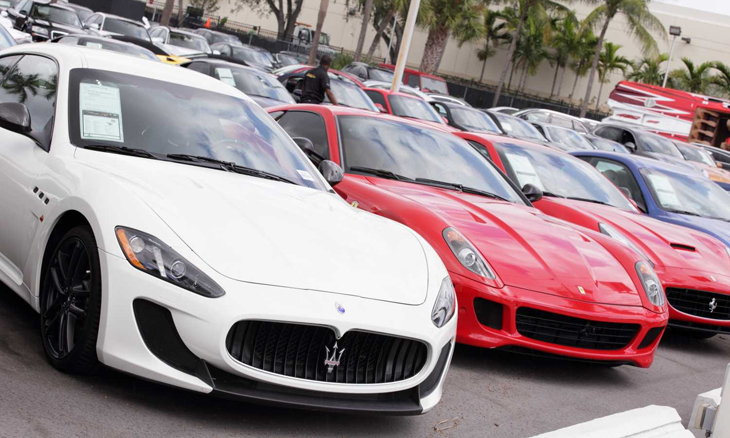While statistics may say that January is the absolute best month to buy a used car, this is only according to pricing. If you’re a new driver or are simply reluctant to jump into things, autumn is probably the best time to get a used car.
Buying from used car dealerships in the fall will allow you to break the vehicle in on smoother roads and ultimately safer conditions. You’ll get a better feel for a vehicle that is new to you if you can calmly test it out without having to worry about icy roads and the like, a benefit for those who are new to driving.
Affordable Prices
Used cars are without a doubt cheaper than new ones, to the extent that you could even get luxury car on any budget, with enough luck and dedication.
However, buying used means the possibility of facing all the same problems of the previous owner. The cheaper, the more questionable. That’s why it’s essential to check if the car is certified.
Certification
With a certified used car, you get the reassurance that the vehicle has been tested for certain safety standards. This usually happens through a manufacturer’s program or independent program run by a renowned reseller. Unfortunately, this means you’ll have to pay a bit more for a certified vehicle. Non-certified vehicles, while cheaper, are a bit riskier because no one with a license to do so has put the resources into meeting the certification requirements. Ultimately, it’s worth the trade-off.
Low Depreciation Rates
A newly acquired car depreciates at a higher rate than an old car and that is where you are set to gain. Cars lose some value with each passing month and mile. But the highest loss in value occurs in the first year and it is close to 40%. When buying an old car, you do not have to face any such huge depreciation. Also, there is less mental depreciation since you do not have to worry about the rock chip in the paint or about the parking-lot ding.
There are many factors that influence the rate of depreciation of a car:
- Mileage: More miles on a vehicle means more stress on the engine and other key moving parts. The more miles on your car, the less it’s likely to be worth.
- Size: If you drive a bigger luxury sedan or SUV versus a midsize or compact vehicle, you’re likely to see value drop faster because you may spend more on maintenance and upkeep.
- Manufacturer – Who made your car can also matter for estimating depreciation
- Vehicle age: As your car ages, it’s expected that some value will disappear over time. Older cars usually have less features than newer ones, which makes them seem less valuable.
- Wear and tear: Unless you leave your car parked in the garage permanently, it’s going to get some wear and tear. Dents, dings, and scratches may seem little, but they add up over the years.
So, the next time you think of buying a new car, do give a though about spending your hard-earned money on a used car as it is far more beneficial than you would have thought.

